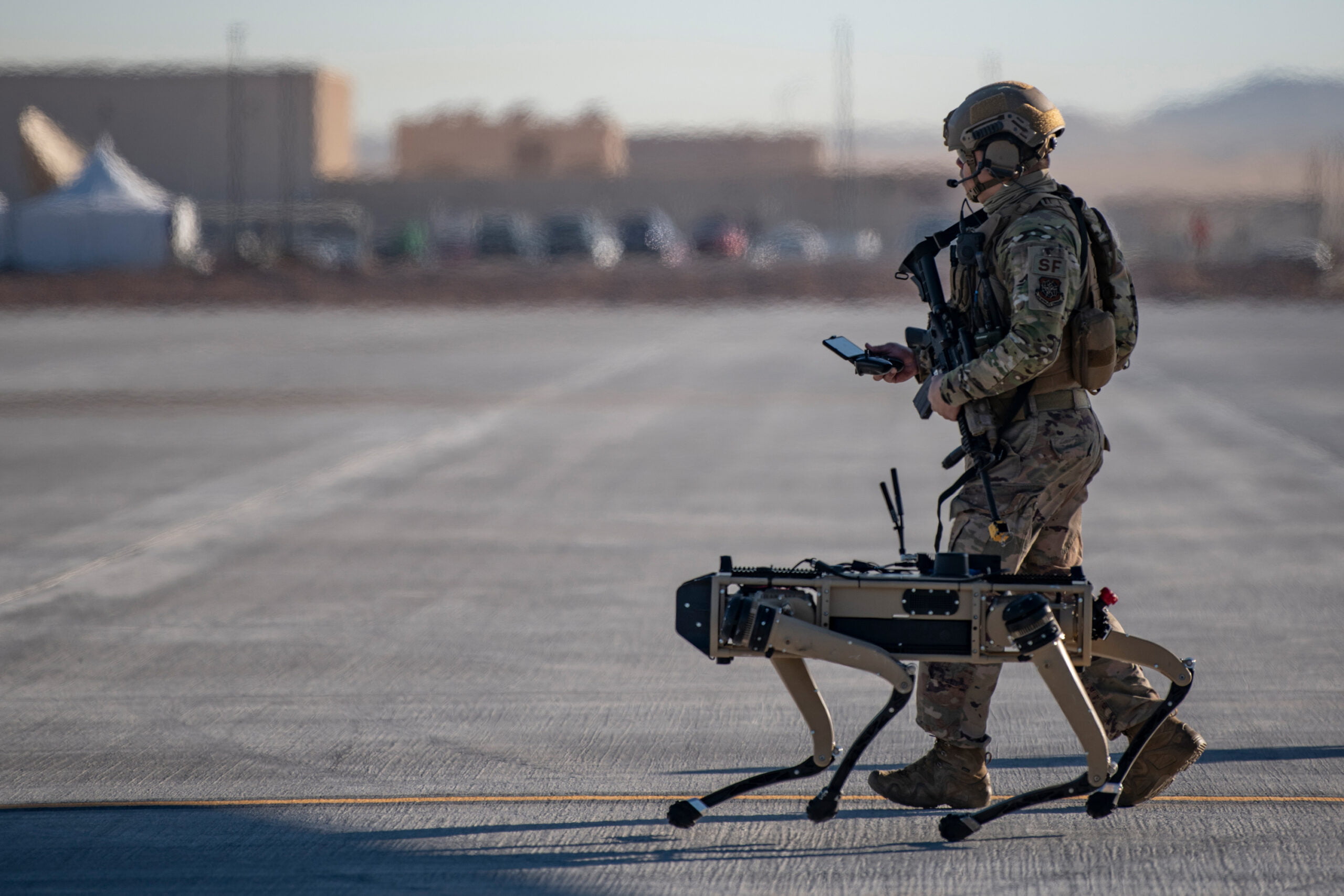
.* AI’s Impact on the Future of Warfare.* AI’s Impact on the Future of Warfare The rapid advancements in Artificial Intelligence (AI) have created unprecedented implications for the future of warfare. AI-driven systems have the potential to transform battlefields, revolutionize military operations, and reshape the nature of armed conflict. Decision-Making and Targeting: AI algorithms can process massive amounts of data in real-time, enabling them to make informed decisions and target enemy assets with greater accuracy. Predictive analytics and AI-powered simulations can anticipate enemy movements, identify vulnerabilities, and develop optimal strategies. This enhances the speed and efficiency of military operations, giving a significant advantage to those who deploy AI. Autonomous Systems: AI-controlled drones, robots, and unmanned vehicles can engage in combat without human intervention. These autonomous systems provide persistent surveillance, target acquisition, and precision strikes, increasing the lethality and reach of military forces. They also reduce the risk to human life, as they can operate in dangerous environments or perform missions too risky for human operators. Cyberwarfare and Information Operations: AI plays a crucial role in cyberwarfare, where it can detect, exploit, and defend against cyberattacks. AI-enabled systems can analyze vast amounts of data to identify potential threats, identify vulnerabilities, and launch targeted countermeasures. In addition, AI can be used for information operations, such as manipulating public opinion or spreading disinformation to influence the narrative of a conflict. Human-Machine Collaboration: AI does not replace human soldiers but enhances their capabilities. AI-powered exoskeletons can increase the physical endurance and strength of soldiers, while AI-assisted helmets can provide real-time situational awareness and decision support. By collaborating with AI, soldiers can make better decisions, perform more effectively in combat, and reduce their own casualties. Ethical Concerns: The deployment of AI in warfare raises important ethical concerns. The use of autonomous systems raises questions about accountability, responsibility, and the potential for unintended consequences. It is crucial to develop clear guidelines and ethical frameworks to ensure the responsible and ethical use of AI in armed conflict. Conclusion: AI is a transformative technology that is shaping the future of warfare. It has the potential to enhance military capabilities, reduce casualties, and revolutionize the way wars are fought. However, its deployment must be accompanied by careful consideration of ethical concerns and the development of appropriate safeguards. By leveraging the power of AI responsibly, nations can enhance their defense capabilities while mitigating the risks it poses to humanity.
Posted inNews